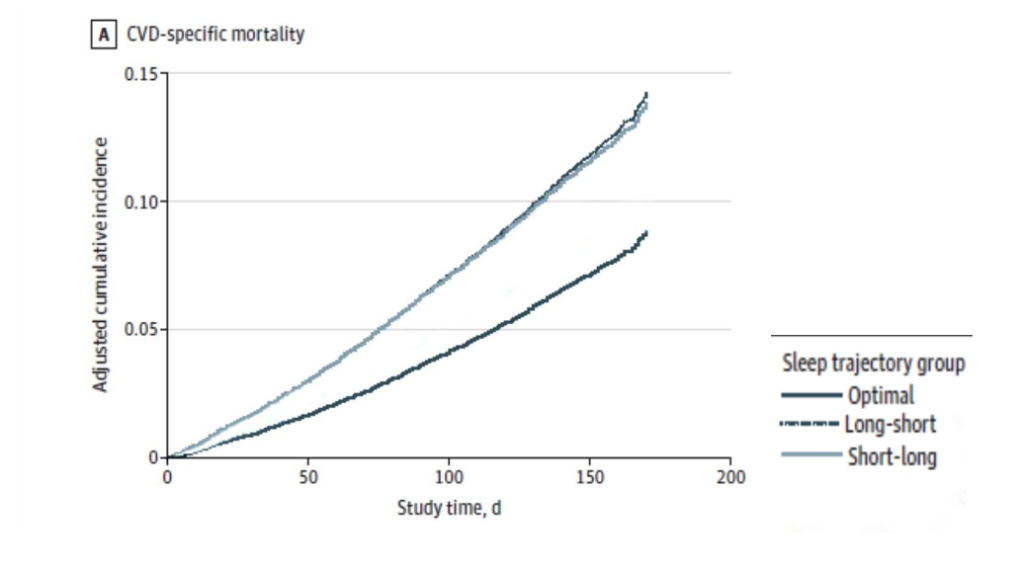Beyond Beauty Sleep: Why Consistency in Sleep May Prolong Your Life
People with inconsistent sleep patterns had a 29% higher risk of dying than those consistently getting 7 to 9 hours of sleep each night.

Read Time: 2 minutes
Published:
Beauty sleep only works if it’s consistent. One in three adults in the United States gets fewer than seven hours of sleep per night, shortchanging the recommended amount for optimal health. Irregular sleep patterns have been linked to a higher risk of heart disease, stroke, depression, anxiety, and other mental health disorders. Growing evidence indicates that consistency in the hours of sleep you get per night is just as important for your health as the total number of hours.
Kelsie Full and colleagues analyzed data from over 46,000 adults in the Southern Community Cohort Study, a large, ongoing study of health disparities among predominantly low-income individuals in the southeastern U.S. Participants, aged 40 to 79, were predominantly Black and female, with a significant proportion living in medically underserved communities. They reported their sleep patterns at the start of the study and again five years later. Researchers tracked the consistency of time spent sleeping each night and analyzed how fluctuations related to adverse health outcomes.
Individuals who maintained a healthy sleep pattern—seven to nine hours per night—had the lowest risk of dying during the follow-up period. People with inconsistent sleep patterns had a 29% higher risk of dying from any cause than those with consistent, healthy sleep. The greatest risk of death from heart-related issues came from shifting between too little (under 7 hours) and too much sleep (over 9 hours), regardless of baseline health status.

Consistent sleep is more than rest—it’s a biological necessity. This study reinforces growing evidence: consistent sleep patterns improve cognitive function, increase energy levels, and enhance physical health. As with good nutrition and physical activity, it’s not just how much you get, but how regularly.
Next time you’re tempted to press ‘next episode’ and jeopardize a good night’s sleep, remember this: consistency is key. Make sleep a priority, and your future self will thank you.



